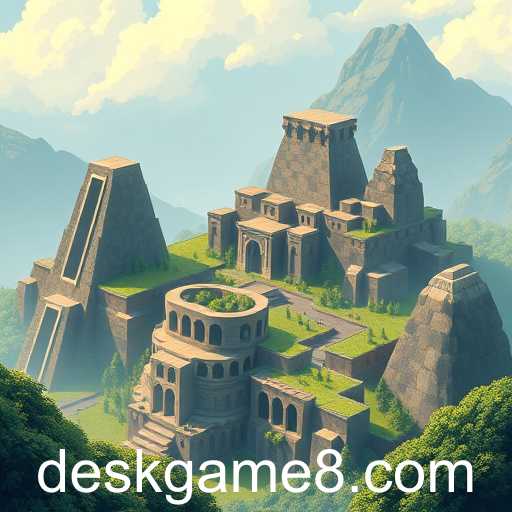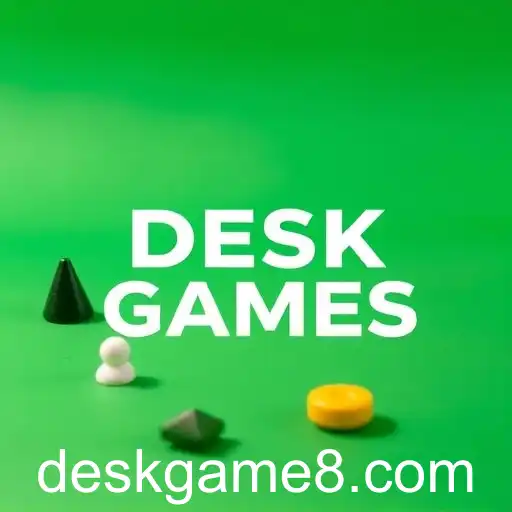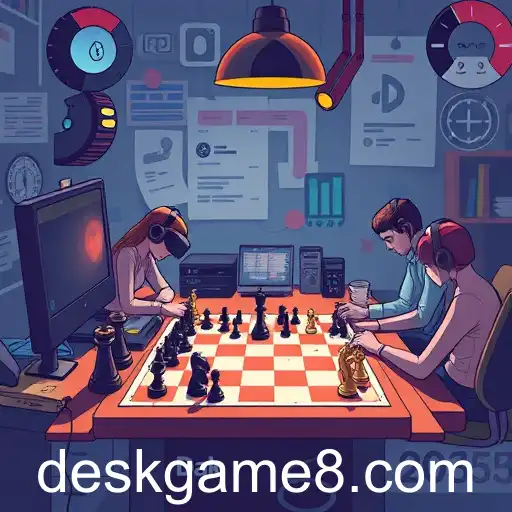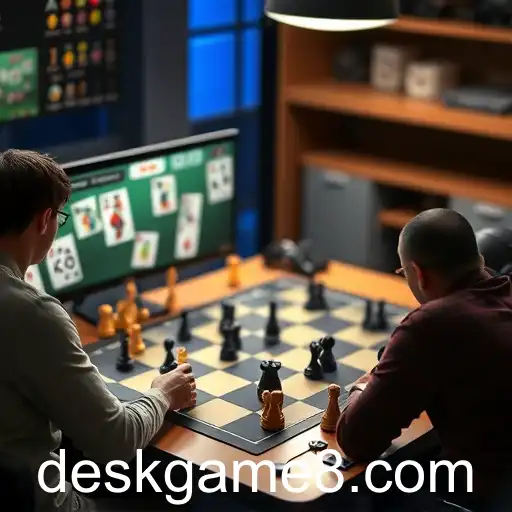Puzzle Games


Puzzle Games: A Journey Through Mind and Play

In today's fast-paced digital landscape, the appeal of puzzle games as a cornerstone of casual gaming remains steadfast. These intricate games foster mental agility, problem-solving, and strategic thinking, offering both challenge and enjoyment to players across various age groups. Often labeled under serene settings, puzzle games encapsulate a broad spectrum of styles—from classic brain teasers that hark back to the simplicity of an evening desk game to innovative electronic versions that harness the power of cutting-edge technology.
The allure of puzzle games lies in their diversity and scalability. Some players are drawn to the minimalistic design of traditional desk games like Sudoku and Crossword Puzzles, which require only a pen, paper, and a sharp mind ready for challenges. These desk game classics have seamlessly transitioned into the digital era, attracting enthusiasts with user-friendly designs and mobile adaptability, thus providing a convenient puzzle-solving experience accessible anywhere.
On the other hand, modern puzzle games push the boundaries of creativity and interactivity. Titles like 'Monument Valley' provide a perfect amalgamation of aesthetic design and perplexing gameplay, luring players into problem-solving realms where visual and physical intuition are equally important. Meanwhile, logical puzzlers such as the 'Tetris Effect' and 'The Witness' demand quick reflexes or meticulous planning, respectively, ensuring that each level presents a unique experience.
Moreover, these games play a significant role in cognitive development and entertainment. Studies have shown that engaging with puzzle games can improve memory, enhance visuospatial reasoning skills, and promote dopamine production, which is essential for mood regulation and pleasure. Beyond individual benefits, puzzle games also offer social elements allowing players to collaborate or compete, thus building community and friendships in both virtual and real-life environments.
As the landscape of gaming evolves, puzzle games continue to be a vital genre, blending tradition with innovation. This genre holds an understated charm that captivates those willing to explore the enigmas posed within a seemingly straightforward framework. From the cognitive gains to the sheer delight of overcoming complex challenges, the world of puzzle games is an invigorating realm that invites players to pause and ponder, savoring the victory that comes with every solved level. Whether through classic desk games or modern marvels, puzzle games stand as a testament to the enduring power of cerebral engagement in gaming.
The Rise of Desk Games in Modern Gaming Culture
An exploration of the growing popularity of desk games and their impact on the gaming industry.
The Rise of Desk Games in Modern Entertainment
Exploring the resurgence of desk games as a popular trend in the digital gaming landscape of 2025.
The Resurgence of Desk Games in 2025
An exploration of how desk games are making a comeback in the digital era, highlighted by the latest trends in 2025.
 Skip to content
Skip to content




